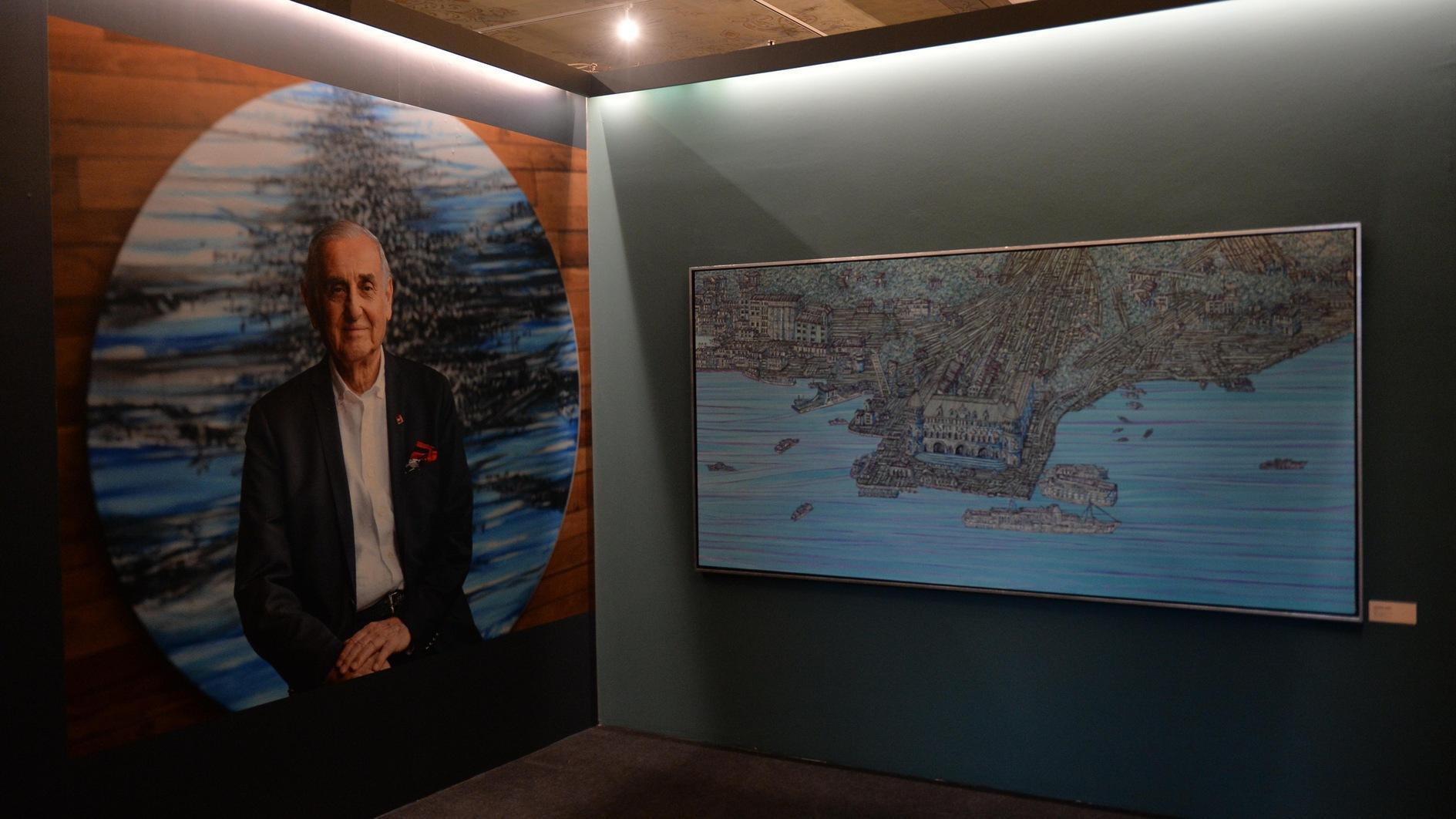Poems forever
As a child, who has been marked by the first knowledge of loneliness,
Time and expectations will crack my heart into pieces
And I will have lost the streets forever, my streets,
When they let me out of here....
It is very interesting how important moments in history deeply felt and uniquely expressed through art and literature stay in social subconscious and somehow find their way back into our time.
On this occasion, I am talking about Turkey at this critical junction in its modern history. And how, the users of a social media platform, which created a virtual “agora” of free discourse, felt suddenly like the students in the film “Stage of Siege” decades ago in Montevideo when policemen storm in, with vengeance and rage, and start pulling down the loud speakers in the square. From those big black boxes, a singer was singing the famous Carlos Puebla song for Che Guevara “Hasta Siempre” (Until [the revolution] forever). The policemen continue to pull down the speakers, but the music goes on and the message is obvious: the revolution will survive; the voice of the people will be heard regardless of whatever blocks and obstacles the authorities put in front of them.
The scene is from that 1972 powerful political thriller by the Greek director, Paris-based, Costa Gavras. The story is about an FBI agent being taken hostage by Tupamaros in Montevideo, a scenario based on the true story of FBI Agent Dan Mitrione.
Is it surprising such a film about urban guerrilla warfare in South America in the 1970s and such a song would become an Internet “viral” in contemporary Turkey? Not really, if you consider the flexibility of modern times’ “digital search” and if you combine it with the intensity of rage and anger in a society who suddenly finds its voice silenced. People would dig up everything if they could if examples from the past are powerful and speak to their heart, why not update them into modern reality?
One can only think that it is encouraging that powerful artistic expression irrespective of time, place or language can move people deeply. The deeper human messages are the same all over the world, after all.
So, along those lines, perhaps social media users in Turkey, and in this particular moment, would discover similarities in other Gavras’ political thrillers like “Z” or “Missing.” They all had the same underlying theme: authoritarianism and the need for personal freedom.
The Puebla song and the powerful scene that touched contemporary Internet users in Turkey is a tune that many older ones have sang in their youth and young ones were still whispering as recently as in the events around Gezi.
However, I do not know how many people are aware that the soundtrack of the “State of Siege” was composed by the Greek composer Mikis Theodorakis who was inspired by a young woman who wrote poetry while in jail after the military coup in Greece in 1967. Under the pen name “Marina,” Rena Hatzidaki was only 25 when she was arrested and kept in a woman’s prison in Athens. It was there she composed this long “love poem,” as she called it. And it was that long passionate poem that inspired Theodorakis to compose his major work “State of Siege” that would later become the soundtrack of Gavras’s film. Hatzidaki, died by drowning while swimming in 2003 and only during the last years of her life revealed that she was the writer of the poem that was smuggled out of prison and inspired Theodorakis to compose one of his most memorable works.
So let us take up the poem, from where we left it.
(When they let me out of here),
I will come back looking for you everywhere,
On the flattened landscapes
On the fragments of that mirror,
On the wasted glances,
To find your face again, looking for my soul,
And I will speak the language
That used to be ours once,
Which used to be the only thing that was left to us
In the shadows of dead colors, dead images
When our nights were simple episodes
Of the long night that started how long ago?











